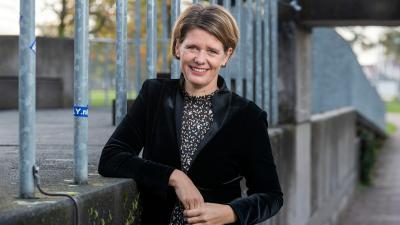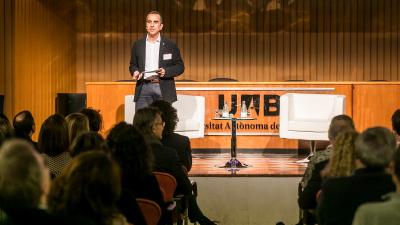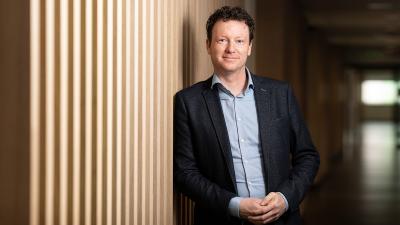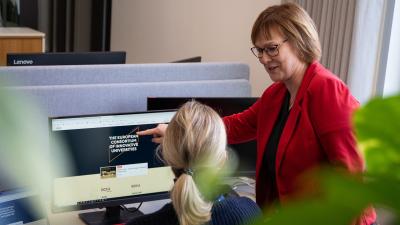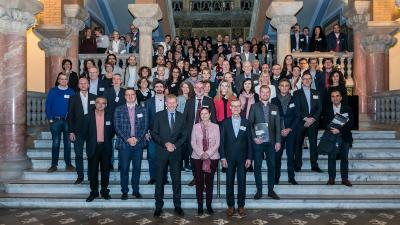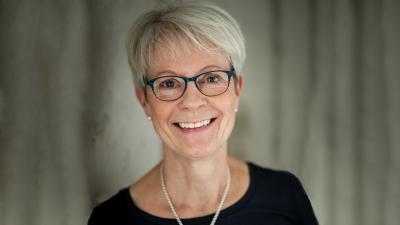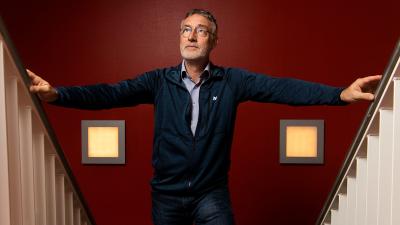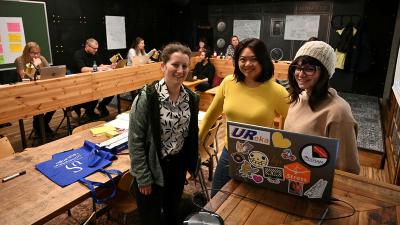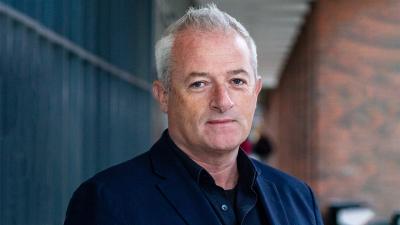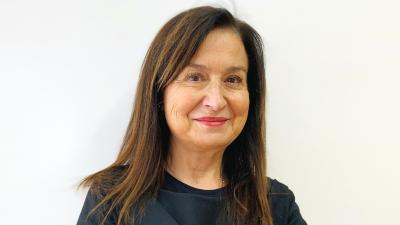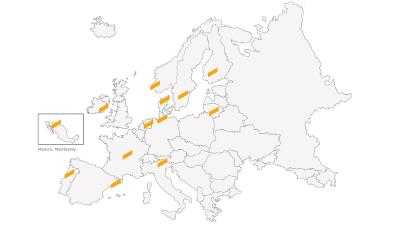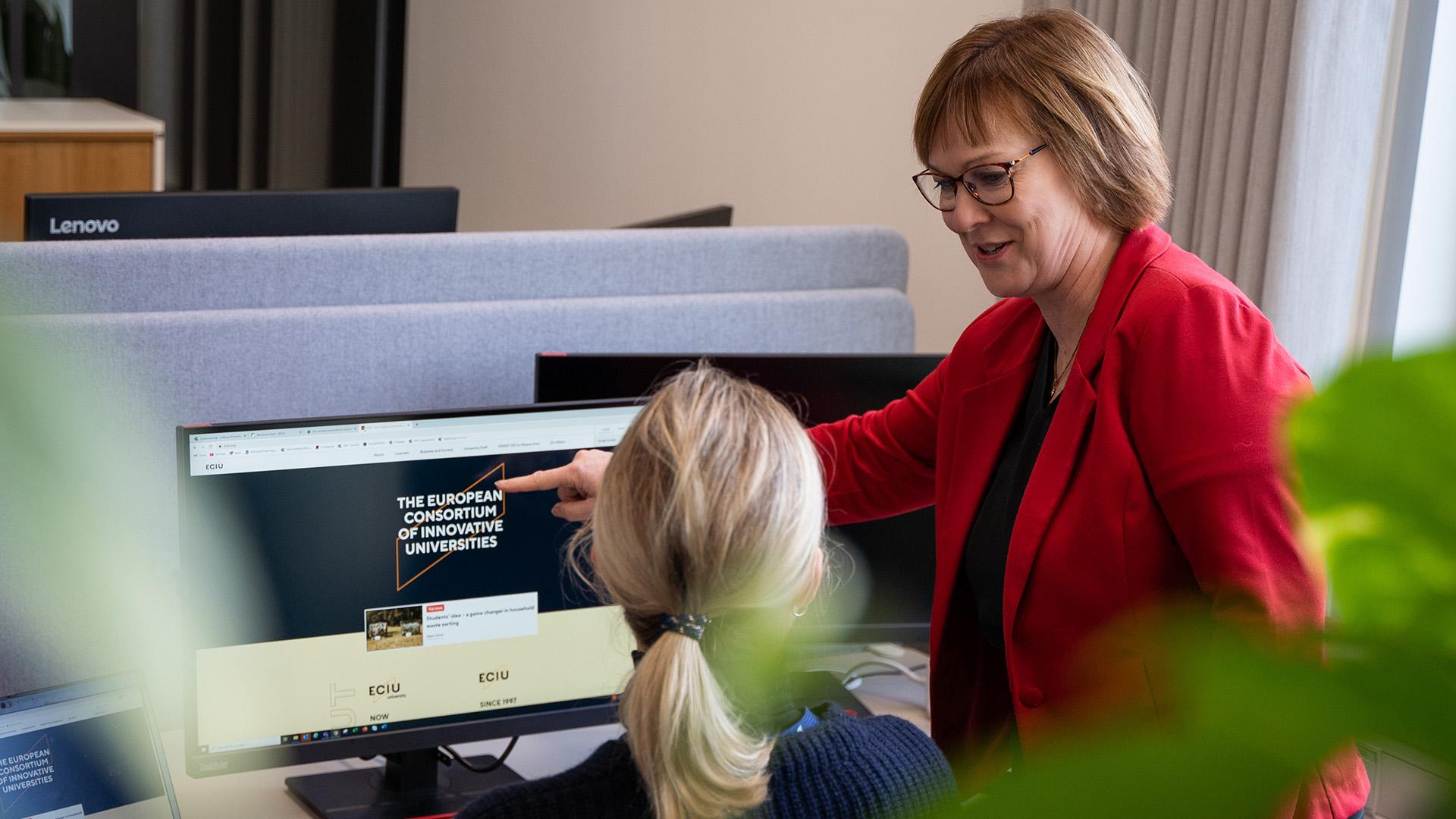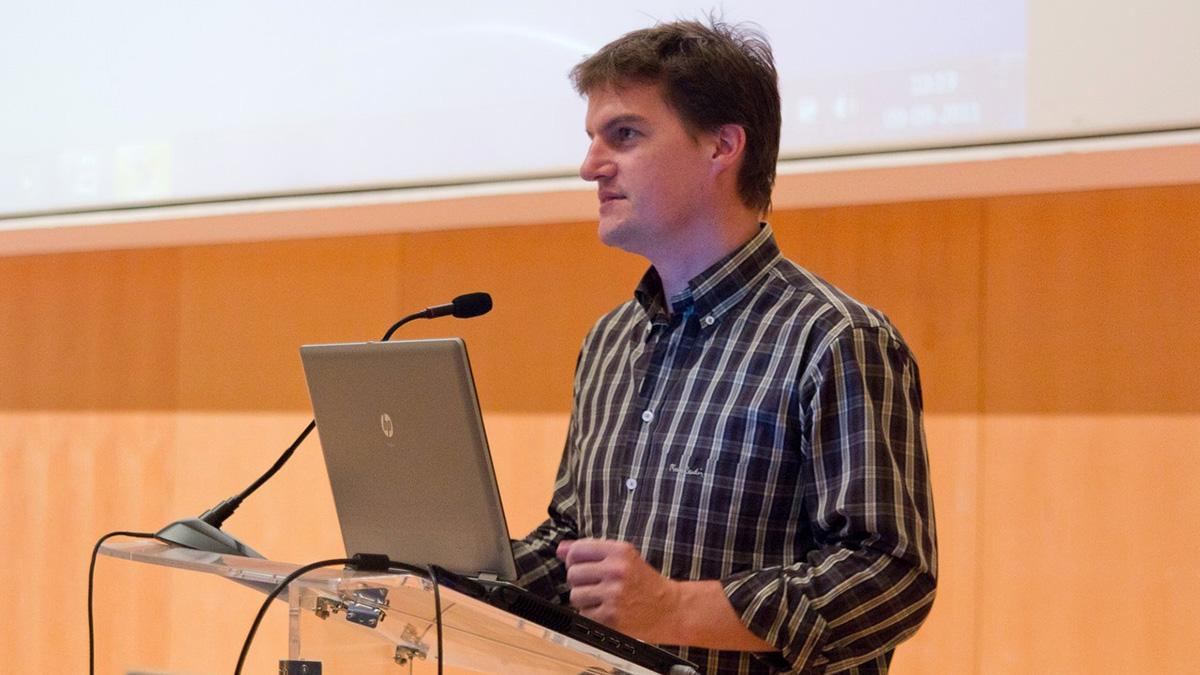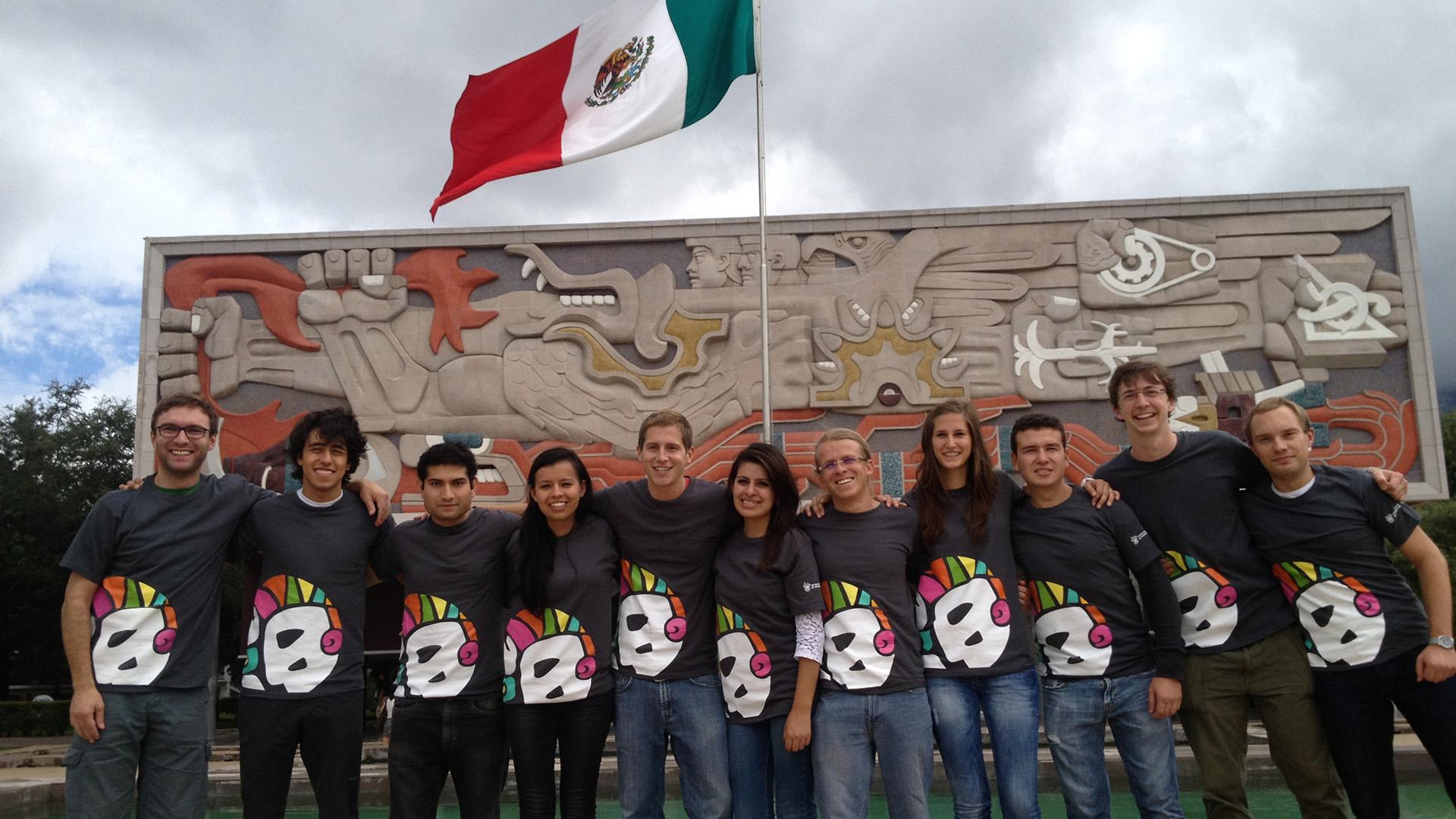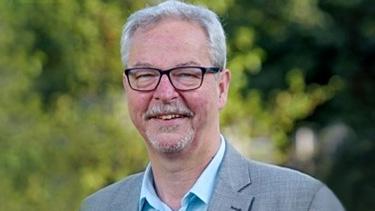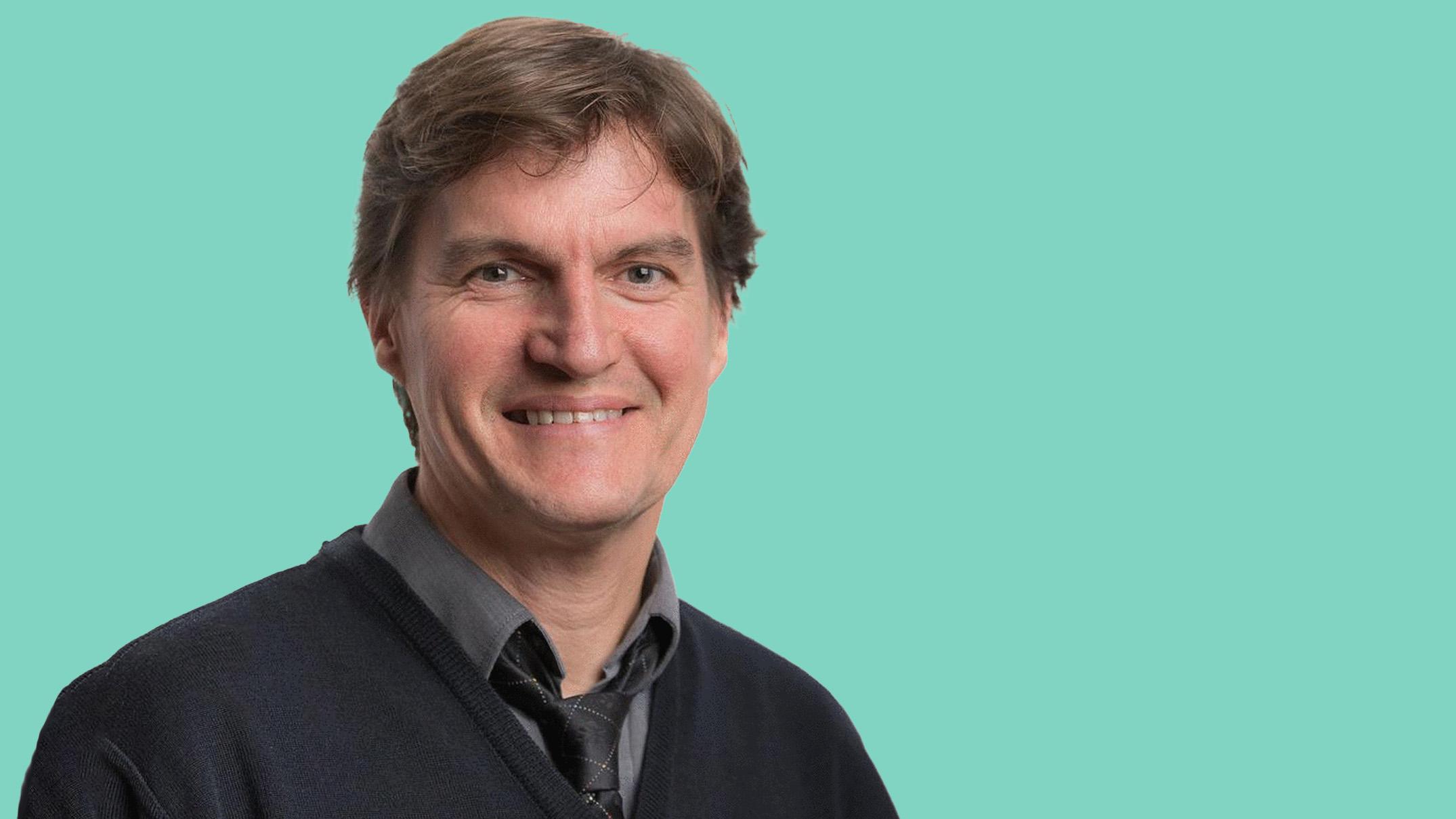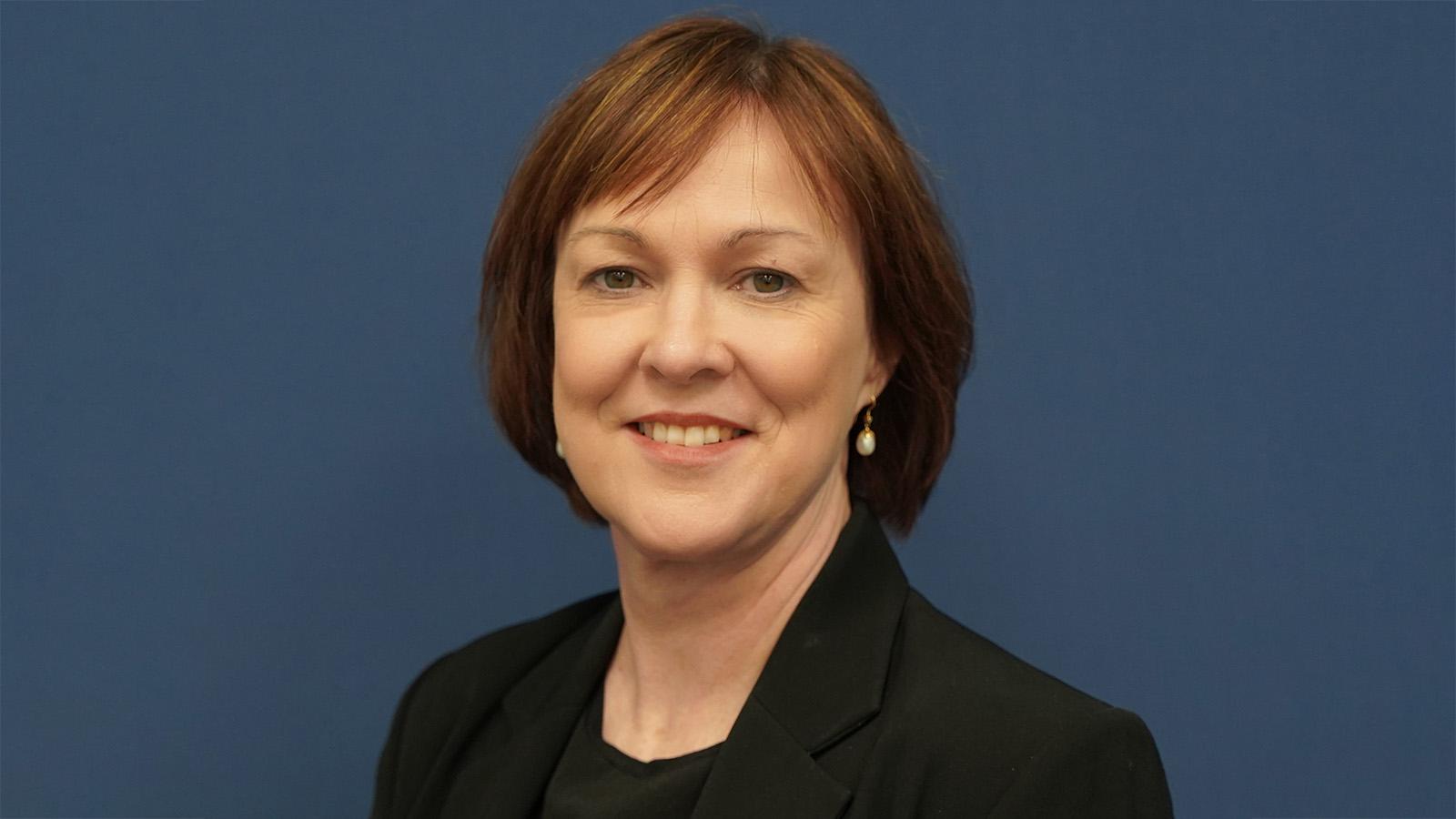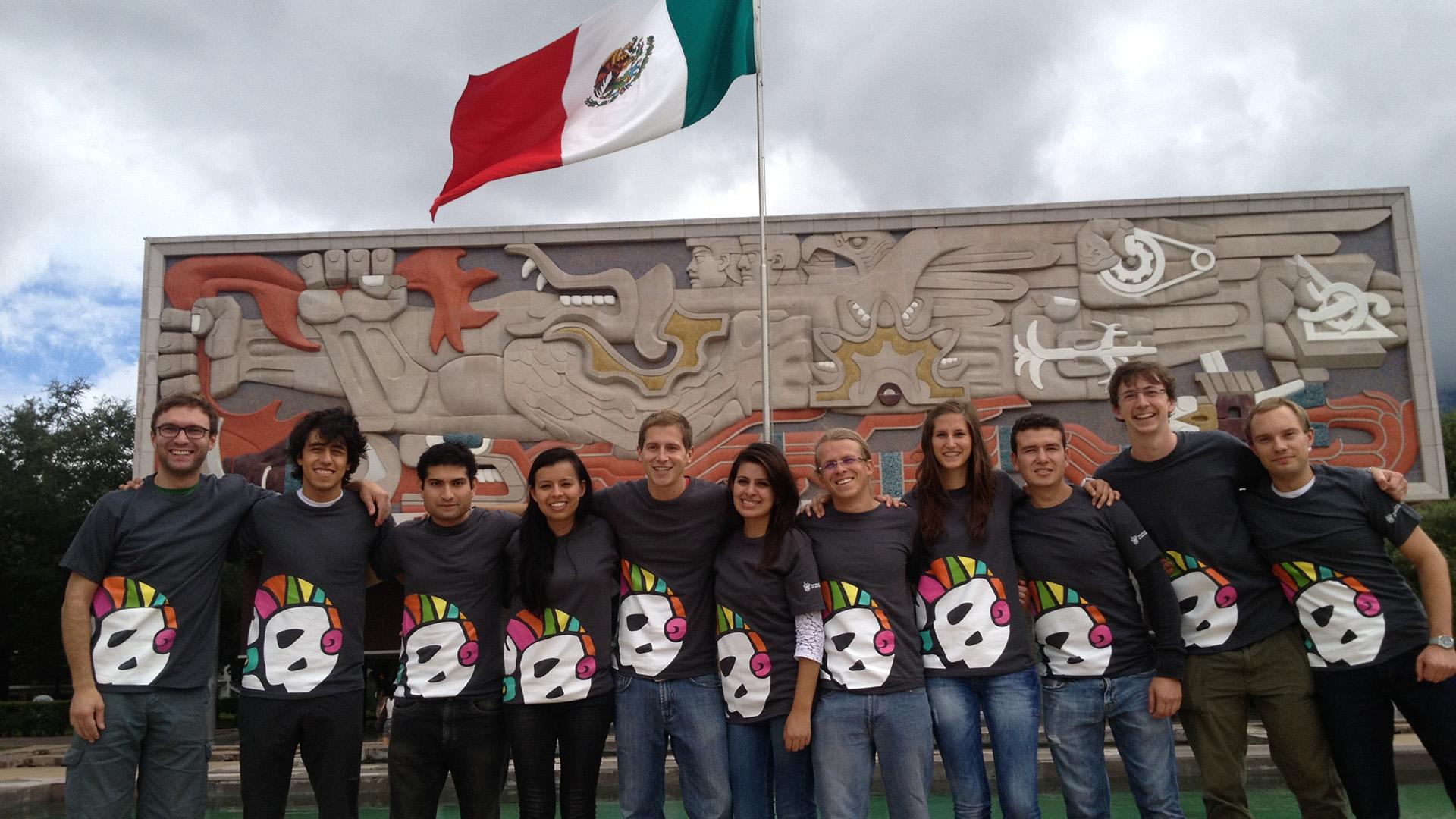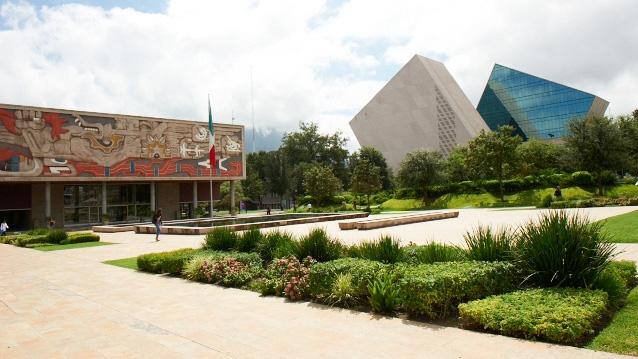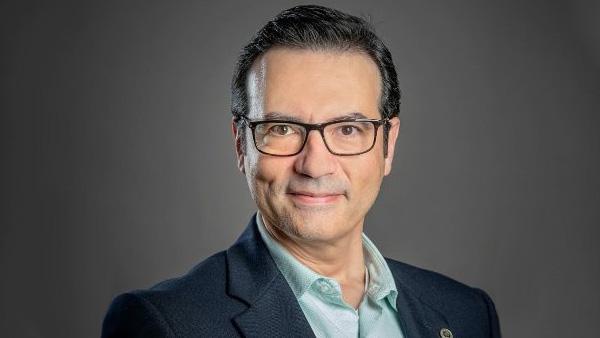Co-founder Ben Kokkeler about ECIU:
‘Make sure to continue to rediscover and renew yourself’
Ben Kokkeler was involved with the administrative and legal establishment of the European Consortium of Innovative Universities in 1996. According to him, a number of things came together at that time: the zeitgeist in which the importance of internationalization increased, growing attention for the role of universities in regional innovation and a UT Executive Board that recognized the great importance of an international consortium. ‘Since then, steps have been taken at all levels of the universities within the ECIU towards a European University, which makes me very proud.’
Text: Sandra Pool
Although he is formally no longer involved with the consortium, he still gets a warm feeling when he talks about the ECIU. ‘It’s in the little successes. Think of the journey of former rector Ed Brinksma from UT to Hamburg. Whether that is entirely due to ECIU is questionable, but the warm relationship was already there. An OBP delegation from MESA+ went to work in Barcelona for six months to learn from each other. Fantastic! The same goes for the Leadership Programme that has been running for years. Or the impact we have on the region, bringing Brussels closer. Those are results of investing in each other for all those years. That makes me very proud.’
Movements
Ben Kokkeler is speaking, who is affiliated with the University of Twente since the 80’s, and was general secretary of ECIU from 1996-2001. In that role he was one of the founders of ECIU. ‘We are talking about the nineties. We had an Executive Board that wanted something to happen at the strategic policy level. We took a different view on internationalization. Every student did an internship, preferably abroad. The Erasmus program was set up and our minister of education promoted the binational collaboration with our neighbouring countries Germany and Belgium under the heading internationalizing on the bike. As UT, we jumped right into the middle of that, into all those movements.’
Pioneering
Next to the change in zeitgeist, the Centre for Higher Education Policy Studies (CHEPS) of the UT under supervision of Frans van Vught played an important part in the establishment of ECIU. ‘That was an agenda-setting club for many international programmes,’ says Kokkeler. ‘Who helped inspire the agenda in Brussels. CHEPS was in contact with the American scientist Burton Clark. He studied the role of entrepreneurial universities as drivers of the regional economy. He described seven universities in Europe that were eligible for this, including Twente. Success factors included geographic location, often on the edge of a country or Europe. Young universities often had to conquer a place in the established order, and they collaborated much more with the region than traditional universities. Finally, these universities attracted a certain kind of people. They wanted to pioneer and experiment. All this together created the enterprising character of the university.’
More than Erasmus
Because of these developments, international networks were established. ‘The universities of Twente, Dortmund, Hamburg, Aalborg, the British Warwick and Strathclyde (Glasgow) found each other and later invited partners in Scandinavia, France, Portugal (Aveiro) and Spain (Barcelona). We wanted more than an Erasmus exchange. A joint lobby with a joint strategic policy, we wanted to be a driving force in the regions, with campuses and knowledge parks and to collaborate with our regional partners. And that succeeded under the name ECIU. Some universities went and some new ones came, but the foundation is the same. And even now, with the ECIU University, the consortium continues to rediscover and renew itself. Keep on doing that!’

